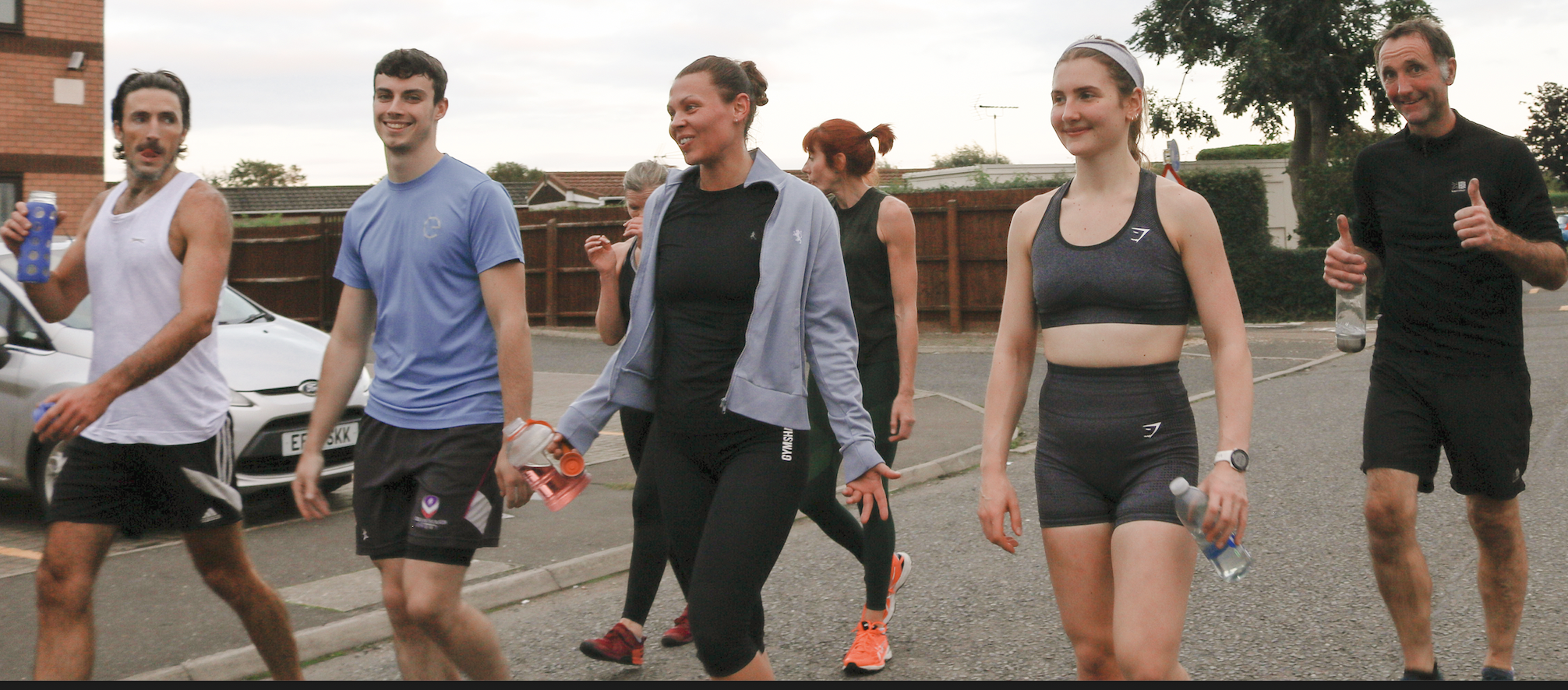No doubt you’ve all heard of intermittent fasting as it’s been gaining a lot more interest over the last decade. But, do you understand what it’s all about? Well, I’m here to tell you all about it.
Intermittent fasting is nothing new, it has been in practice for thousands of years and until recently it has become a relatively forgotten habit, largely due to the agricultural and industrial revolutions where we now have food on tap 24/7. However, intermittent fasting is still a routinely practiced protocol within religious circles, think of Lent and Ramadan. The ancients knew there was something deeply beneficial to the power of fasting and current studies and research is proving this to be true.
A couple of weeks ago I was talking to you about calories vs hormones and how staying in a calorie deficit for a prolonged period actually isn’t the most effective course for a healthy body and or sustained reduction in excess body fat. If you remember I was talking about how our hormones have a huge impact on our ability to remove excess body fat and repair our body’s cells. If you missed that head to Calories & Hormones – Elevate Fitness (elevatefitnessuk.com)
Anyway, I finished off by saying, how, yes if we are wanting to reduce in whatever manner we still need to be in a caloric deficit, but I also said how a prolonged deficit is not the answer.
So, what is the answer?
You’d never have guessed from the title of this article but intermittent fasting and calorie cycling are the answers. Say What…!!
Ok so let me explain:
Just to recap the traditional method that doesn’t work. You want to lose some excess baggage, so you reduce your intake by 20%, over time your BMI will drop by that 20% which now equals you’re no longer in a 20% deficit. Hello, plateau.
Now, intermittent fasting and calorie cycling both require a calorie deficit, but they work differently in that they don’t cause a reduction in your BMI. In fact, some research is showing it actually raises your BMI. But how? With intermittent fasting and calorie cycling you have short periods of no or reduced intake, but no sooner has the reduction arrived it’s gone again. We don’t give the body an opportunity to reduce its BMI.
I like to think of it in this way, think of the food or calories you put in, as your foot on the accelerator of your car. Push it gently and you’re only going to rev slowly, hit it hard and your engines going to be revving higher. Your body works in the same fashion in that the more you intake the harder it’s going to work to rid of and process what you’ve eaten. Now I’m not saying go fill your boots, I just need you to understand this analogy.
This is where the beauty of intermittent fasting and calorie cycling works.
Here’s an example comparison:
Prolonged Reduction
Your current intake is 2000 calories, you reduce this by 20%, which gives you an intake of 11,200 calories over 7 days.
Calorie Cycling
You intake 2000 calories for 5 days, then on days 6 and 7 you’re just going to only consume 500 each day, this gives you a 11,000 calorie total over 7 days.
Intermittent Fasting
You intake 2000 calories for 5 days of that week, within those 7 days, say on day 3 you’re going to abstain from food completely, then on day 7 you skip a meal and don’t snack which means you only consume 1000 calories, this gives you an 11,000 calorie total over 7 days.
These are just examples, but can you see how in the intermittent fasting and calorie cycling examples, the reduction period is very short, but they easily amount to the same and sometimes more than a continued reduction. And because you’ve not really taken your foot off the gas your body metabolism maintains running like a furnace. Metabolism running hot, insulin levels low, gives rise to your body dipping into your stored glycogen and fat stores to replenish that missing fuel.
But isn’t intermittent fasting and calorie cycling like starving yourself?
Yes and no, there is one key difference. Starvation is involuntary, this is something you’re doing willingly so no it’s not starvation, but it is a reduced intake. On this note, people always worry about being hungry. Now, without a shadow of a doubt if you’ve never fasted before you’re going to feel hungry. BUT, are you really hungry? Is it your body or your head telling you you’re hungry? The hunger we feel day today is not the body crying out for sustenance, it’s our brains, due to habits and routine. The body holds 24-36 hours of glycogen fuel stored in the liver, let alone what fuel we have in the body in the form of fat. So, you won’t run out of fuel when you fast, but naturally, if your body isn’t used to having to dip into its stored fuel, at first it may be a little slow to react. Fasting hunger gets less and less the more you do it. I personally can go 24+ hours and not feel hungry at all.
So, there are loads of different intermittent fasting and calorie cycling protocols. I wouldn’t try and get too bogged down in finding the best one because they all ultimately result in the same thing. I’ve been a proponent of intermittent fasting and calorie cycling for ages, and I usually do 3 different protocols or time durations within 7 days. But here’s the thing it’s not set in stone. From week to week, day to day, our work and our home life changes, so you need to be flexible. Intermittent fasting and calorie cycling are very flexible so ideal for fitting in around your lifestyle. Skip a meal or two or don’t, it doesn’t get much more complicated than that.
But some of the more popular protocols are:
5 & 2
- 5 days eating normally, 2 days reduced
16 & 8
- 16 hours fasting, 8 hours eating. This one is done every day and you can still eat a day’s worth of food in that 8 hours.
20 & 4
- 20 hours fasting, 4 hours eating. This one is like skipping a meal out of the day, 4 hours give you time to get a couple of meals in. You could do this 1-3 times a week.
24
- Complete abstinence from food for 24 hours. It’s a lot easier than you think. Here you’ll just have one meal that day. You could do this 1-3 times a week.
36
- Same as the 24 but obviously skipping that one meal takes you to 36 hours. Only once a week or every 2 with this one.
If you’re unsure about any of this, please talk to a health professional as certain people especially people on medication may need to have further guidance.
One other big thing with intermittent fasting and calorie cycling is that you don’t need to buy any certain meal replacement shakes or supplements, it’s completely FREE! Why? Because you’re not eating!
During any fast, it’s important to be drinking plenty of water, but you can also consume black teas and coffee too, which can help excite the taste buds.
Research is showing that intermittent fasting and calorie cycling have a lot more benefits than just a better way to increase fat burning.
- Lower blood insulin and sugar levels
- Potential to reverse type 2 diabetes
- Improved mental clarity and concentration
- Increased energy
- Increased growth hormone production
- Improved bloody cholesterol
- Reduced chance of Alzheimer’s
- Prolonged life health markers
- Activation of Autophagy
- Reduced body inflammation
Again, there’s a lot of information here guys, I could have written 10 times as much but I’m trying to keep it simple and to the point. Hope you found it interesting and useful, any questions just ask.
If you have a particular fitness goal, why not get in touch. We can start by creating your individual plan and get you on track with our tailored personal training sessions. Tap the link below to enquire:
Get in contact with Elevate Fitness Studio – Elevate Fitness (elevatefitnessuk.com)


